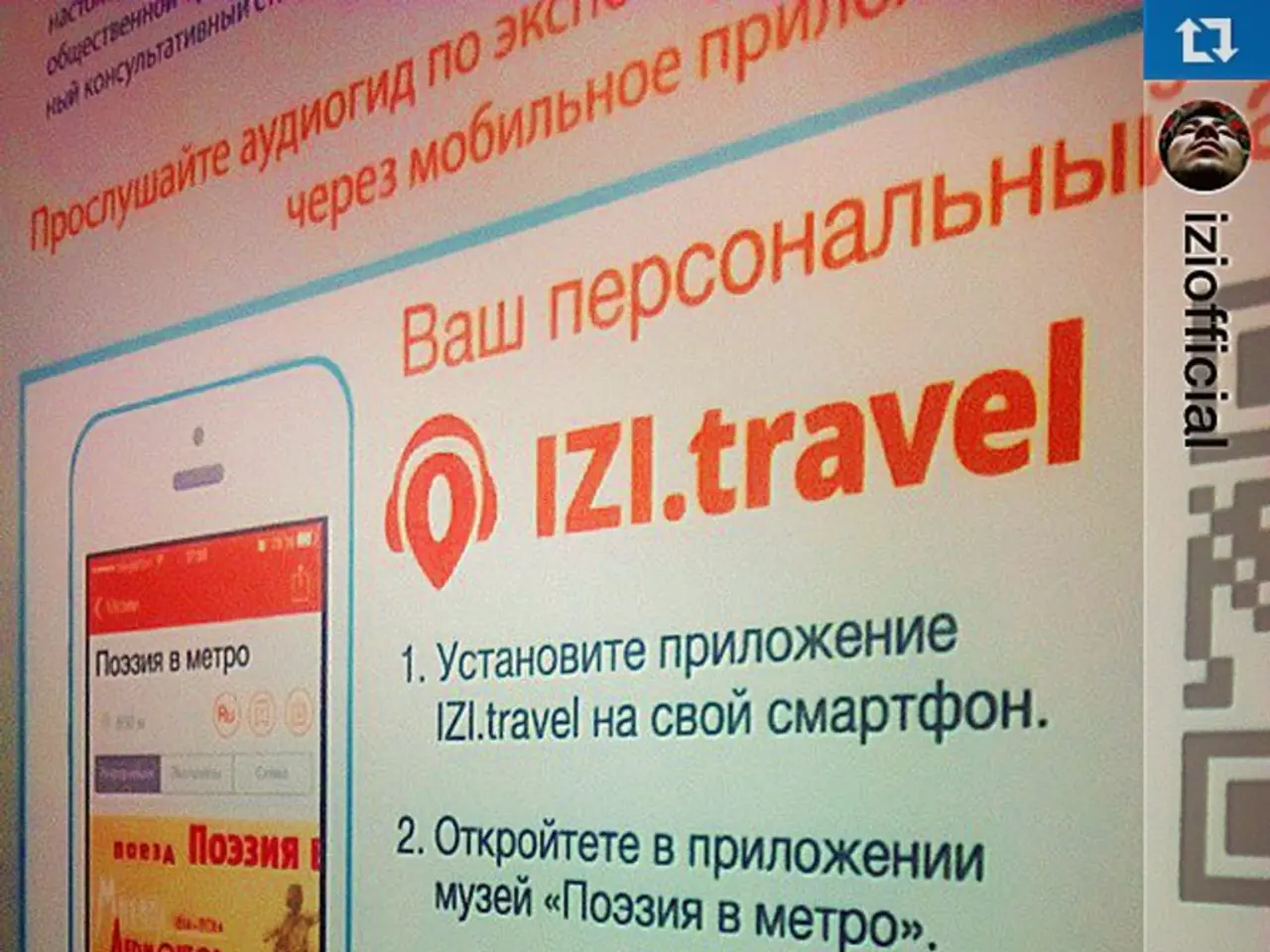Regulatory Body Pushes for Dismantling Meta's Dominance in Social Media Space
In the heart of the tech industry, the Federal Trade Commission (FTC) is currently engaged in a landmark antitrust trial against Meta Platforms. The case, which has undergone multiple delays since its initial filing in December 2020, is now in the trial phase.
The FTC alleges that Meta's acquisitions of Instagram in 2012 and WhatsApp in 2014 were part of a "buy-or-bury" strategy, aimed at neutralising emerging competitors and maintaining a monopoly in the personal social networking market. The key allegations include unlawful monopolisation, suppression of competition, and the distinct purposes of Facebook and Instagram compared to competitors like TikTok and YouTube.
If the court finds Meta guilty of establishing an anticompetitive monopoly, it could order structural remedies such as divestiture of Instagram and WhatsApp, or behavioural remedies to prevent further anticompetitive actions. The case could also set a precedent for future antitrust enforcement, particularly involving horizontal acquisitions of competitors.
The outcome of the Meta case could have far-reaching implications for Meta’s corporate structure, the evolution of social media markets, and regulatory approaches towards tech giants’ competitive practices. A ruling against the FTC could reinforce the status quo, validating Big Tech’s capacity to grow through acquisitions and monetize vast user bases. On the other hand, a ruling in the FTC’s favour could lead to an unprecedented rollback of major technology mergers.
Meta has defended its acquisitions, pointing to ongoing innovation, such as the introduction of interactive features and augmented reality tools, as evidence that it invests heavily in improving its products rather than stifling rivals. However, the revived vigour in antitrust enforcement reflects a shift from traditional price-centric analysis towards broader considerations of market structure, innovation, and consumer welfare under the Biden administration and the leadership of FTC Chair Lina Khan.
The broader tech industry faces increased scrutiny from regulators, including the FTC and EU, particularly regarding AI integration, market dominance, and compliance with emerging regulations. Meta's aggressive AI expansion and the high regulatory compliance costs expected this year may significantly impact its innovation strategy and financial outlook.
As the Meta trial unfolds, it serves as a bellwether for future challenges to tech consolidation, from mergers in cloud computing to partnerships in data analytics. The trial's findings and disclosures might also strengthen other legal challenges against Meta, including lawsuits claiming harms to youth mental health linked to social media use, by revealing patterns in company strategy that prioritize growth over well-being.
Executive testimony presented at trial underscores Meta’s view that Instagram and WhatsApp cater to different user needs than its flagship service, denying that the acquisitions were intended to suppress competition. The trial, therefore, promises to be a significant event in the ongoing debate about the role and responsibility of tech giants in the market.
[1] The Washington Post [2] The New York Times [3] Bloomberg [4] The Verge [5] Politico
Read also:
- Zebra Ventures Provides Funding for RFID Technology in Software Development, as Reported by Xemelgo
- Interview with Louisiana Economic Development's Chief Innovation Officer, Josh Fleig
- Kendrick Lamar's venture, pgLang, Debuts a Fresh Creative Agency
- Investigating the Strategies of Major Ethereum (ETH) Stakeholders







